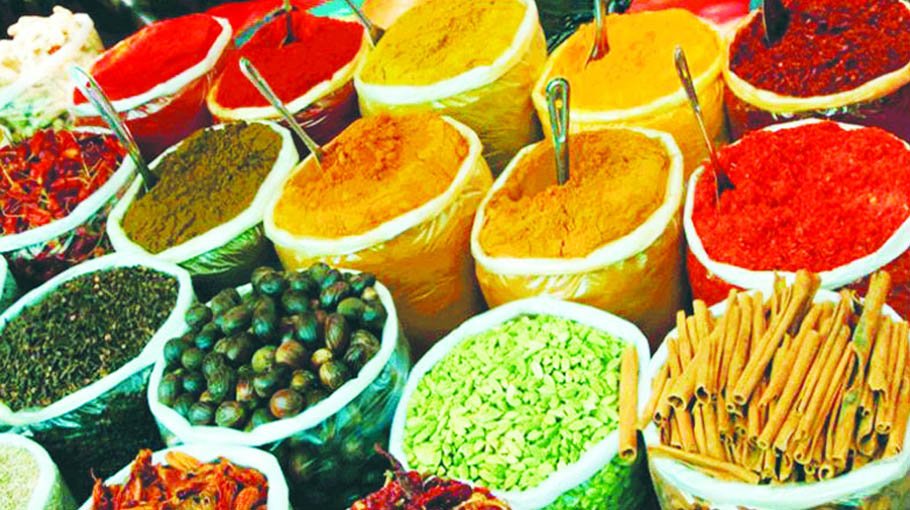Govt plans spice cultivation to cut import dependence

The government has undertaken an initiative to increase the cultivation of spices of 2,36,000 metric tonnes to reduce the import dependence.
As part of its move, a new project at the cost of Tk 119.50 crore will be presented at the Executive Committee of the National Economic Council (ECNEC) meeting today (Tuesday), a Planning Commission official said.
“The government has taken up the project titled, “Improved Spice Varieties and Expansion of Technology” to increase the production of spice crops throughout the year, reduce the cost of imports and accelerate the achievement of self-sufficiency in the cultivation of spice crops,” he mentioned.
According to the Planning Commission, the project will be implemented from July 2022 to June 2027 in 110 upazilas and 25 horticulture centers of the country.
Productivity and diversification of spice crops will be increased through expansion of modern-sustainable technology and production management, post-production wastage will be reduced through expansion of spice harvesting technology and crop density will be increased by 2 to 5 percent.
Through processing of spices and addition of value, the income of the farmer will be increased and varieties with adaptive capacity in adverse environment will be introduced.
Through the project, 2,865 spice exhibitions and production and import of seedlings and grafts, purchase of 302 different types of agricultural machinery, boundary wall of 4,200 running meters and construction of 185 poly shed-guard, shed-labor, and nursery shed will be constructed. Besides, 2,650 batches of farmer training, 45 batch SAAO-equivalent officer training, 29 batch officer training and 2 batch overseas training and 135 batch farmer motivation tours and 1,650 farmer field days will be organized.
Regarding the project, Sharifa Khan, a member of the Agriculture, Water Resources, and Rural Institute Division of the Planning Commission, said, “We have made a number of amendments. The cost of the project has been reduced by fixing them. The project will now be presented to the ECNEC meeting for approval.”
According to the project proposal, spices are a high-value and low-volume national product in the world market.
Plant buds, fruits, seeds, bark, rhizomes and tubers those are used in food coloring, perfume, flavoring and processing are all spices.
A total of 109 types of spice crops are grown all over the world, out of which 7 important major spices are grown in Bangladesh. About 50 types of spices are used in the country. For a long time, most of the demand for these spices was met through imports.
Several varieties of expensive spices still have to be imported from abroad. Again, various types of spices are coming illegally from different countries including India. In this case, there is more opportunity to reduce dependence on imports, but it is not going to be used due to lack of proper patronage.
The spice market in the country is about Tk 30,000 crore annually. In this case, experts have suggested to increase the production of spices locally to reduce import dependence.



